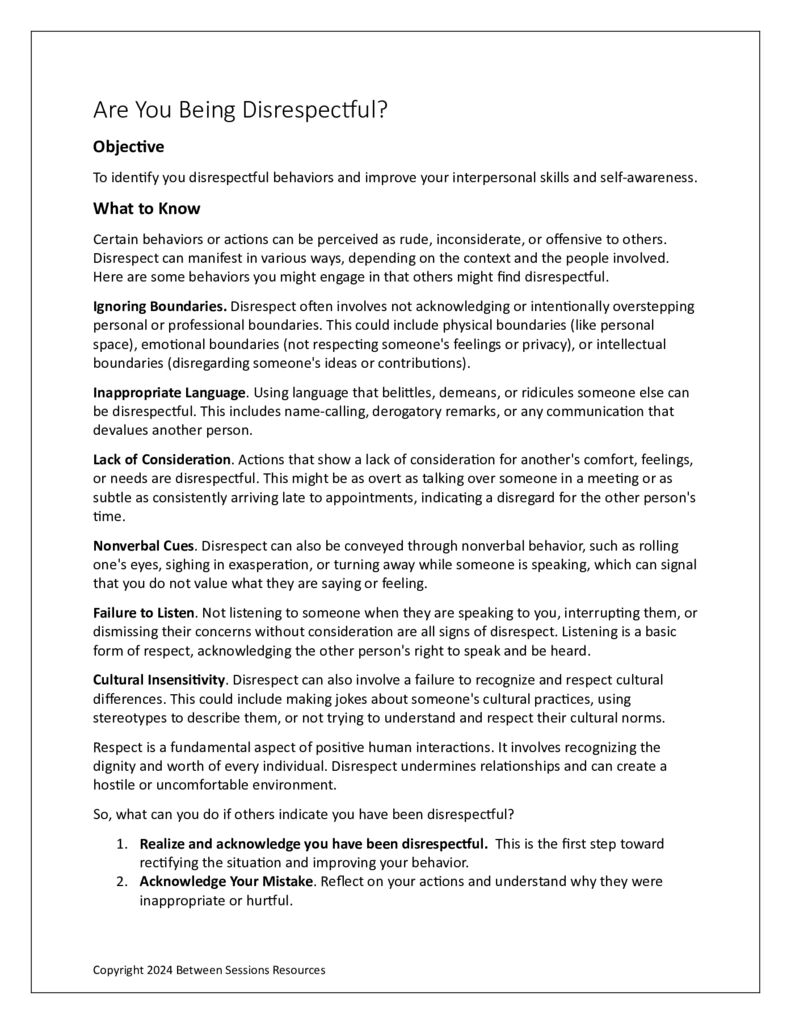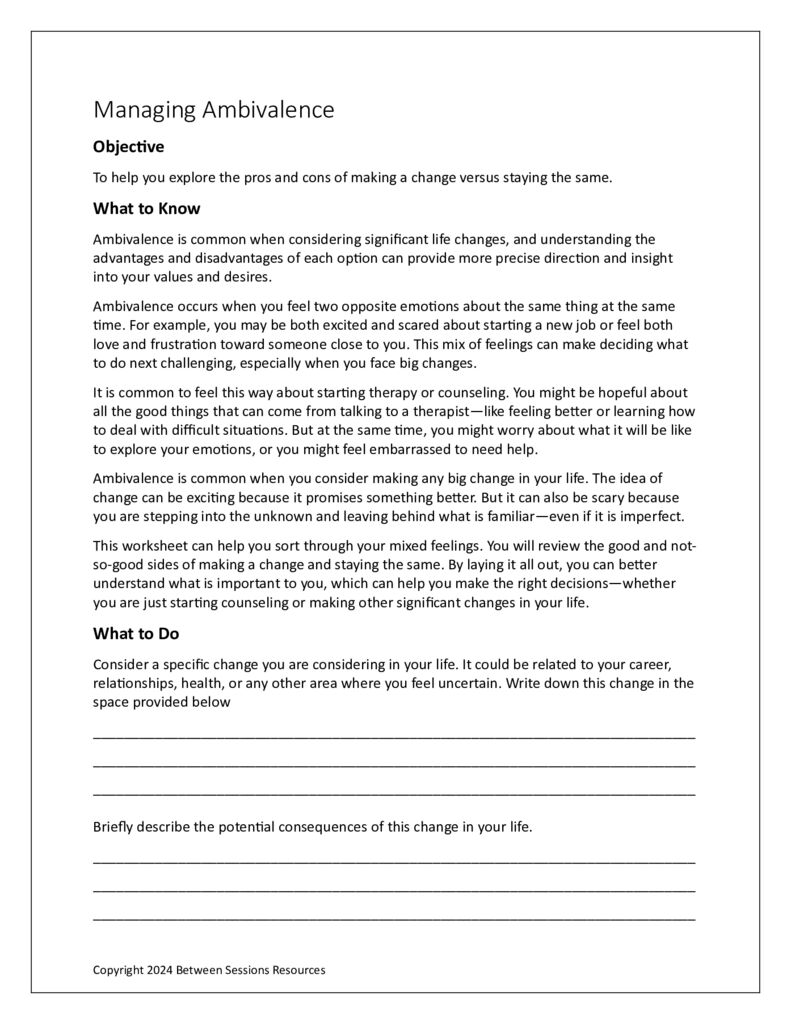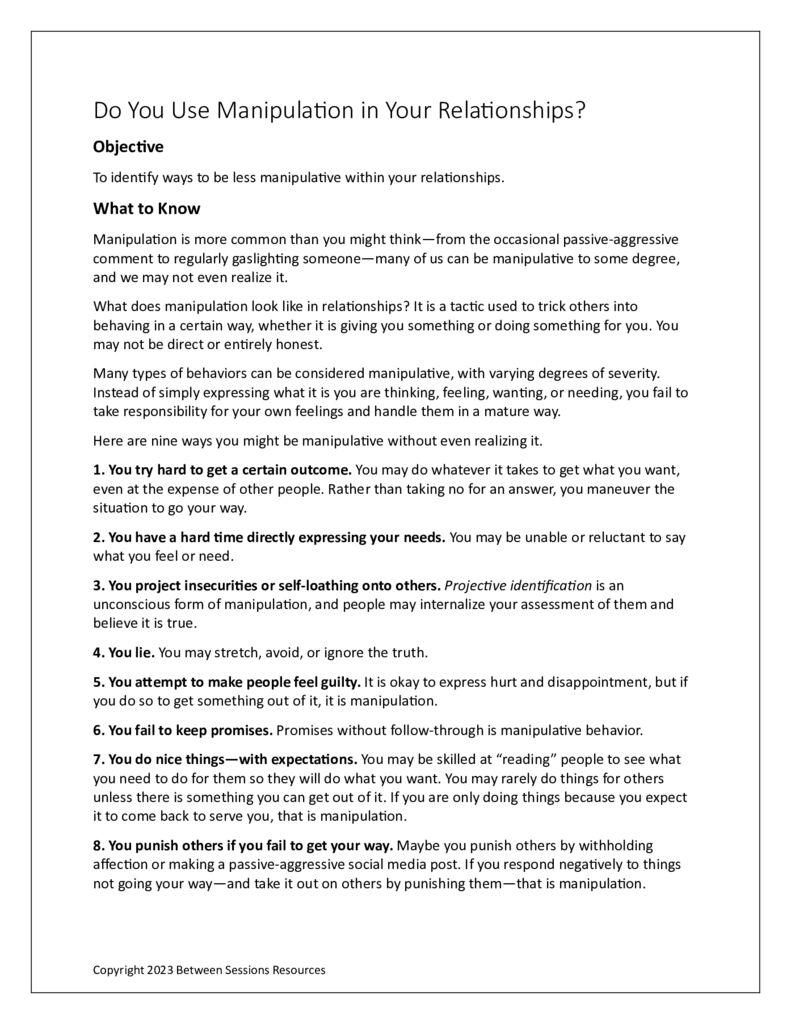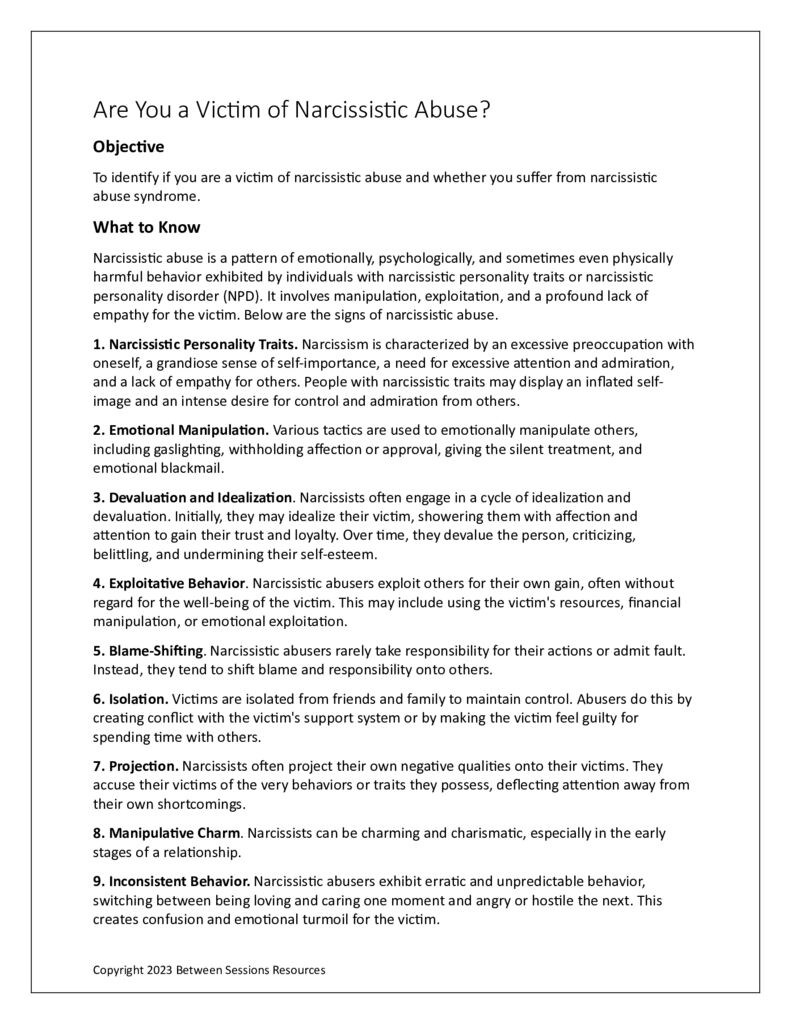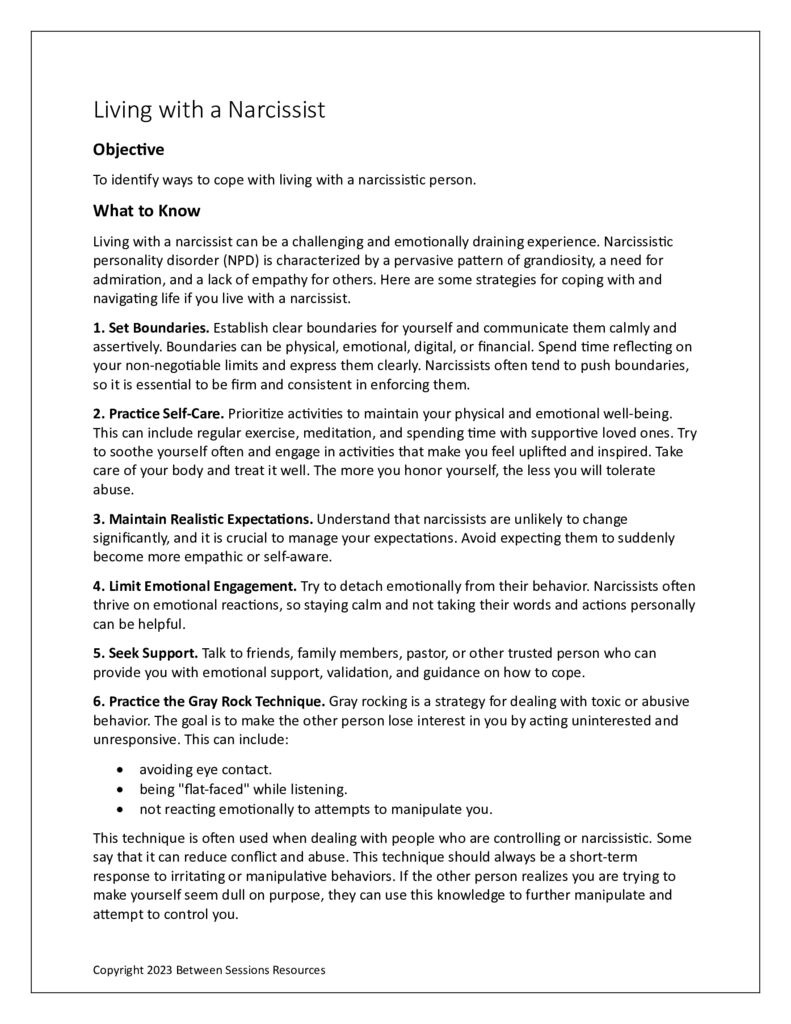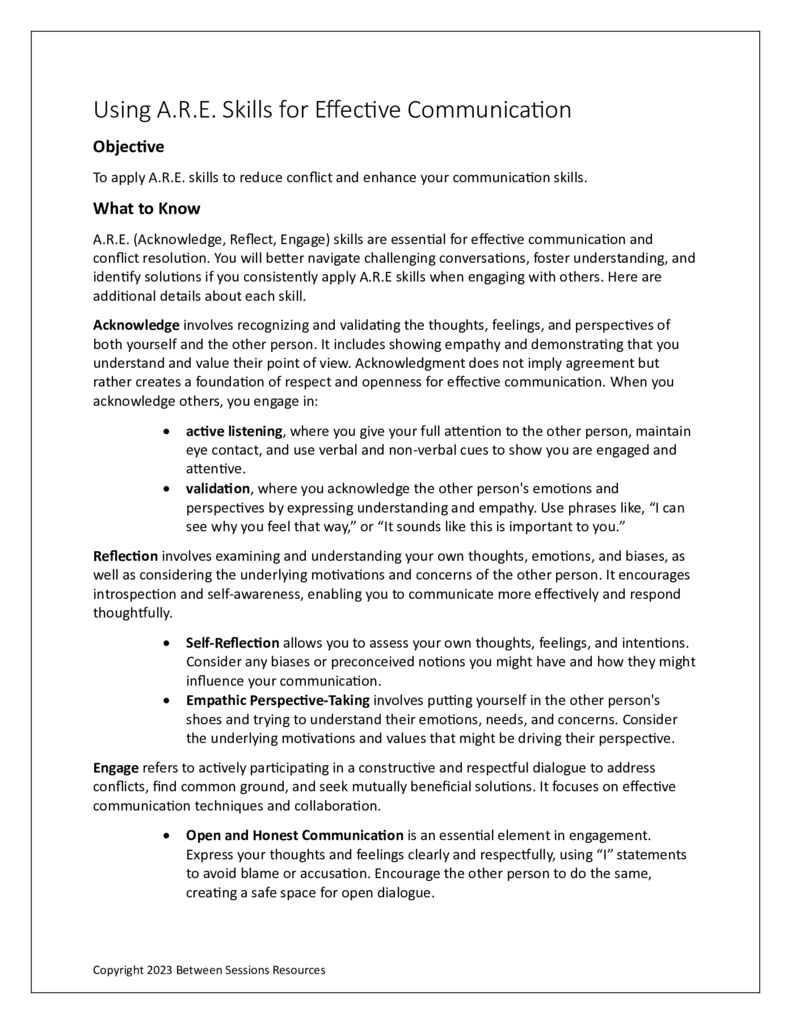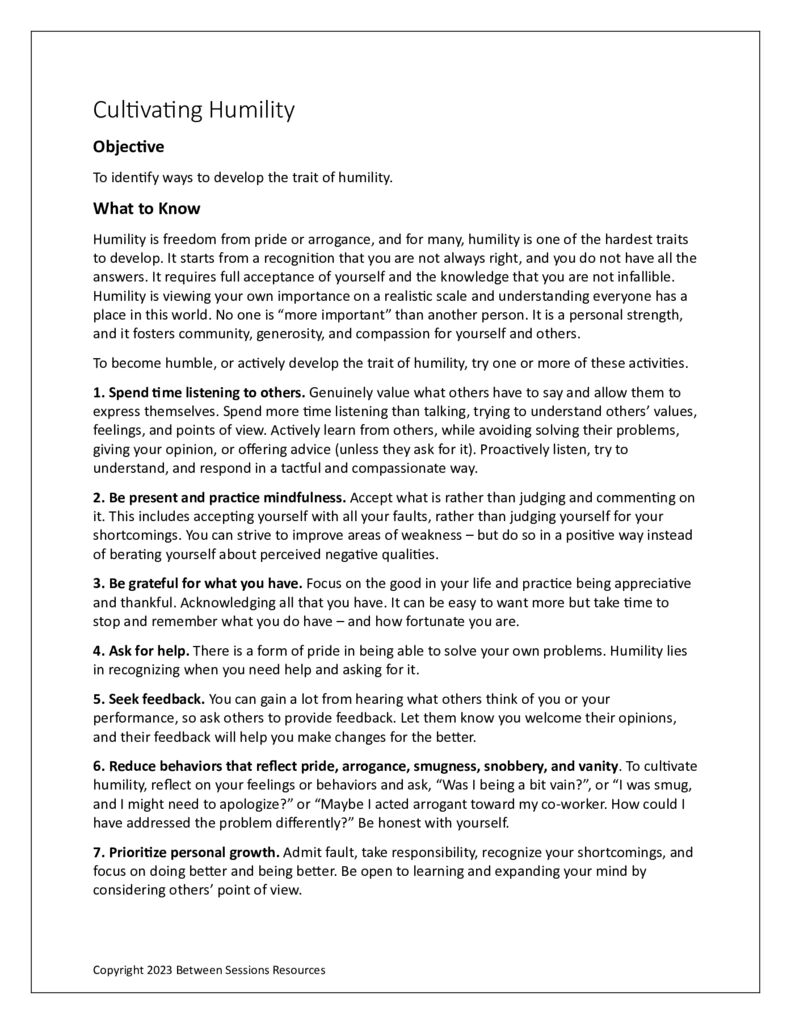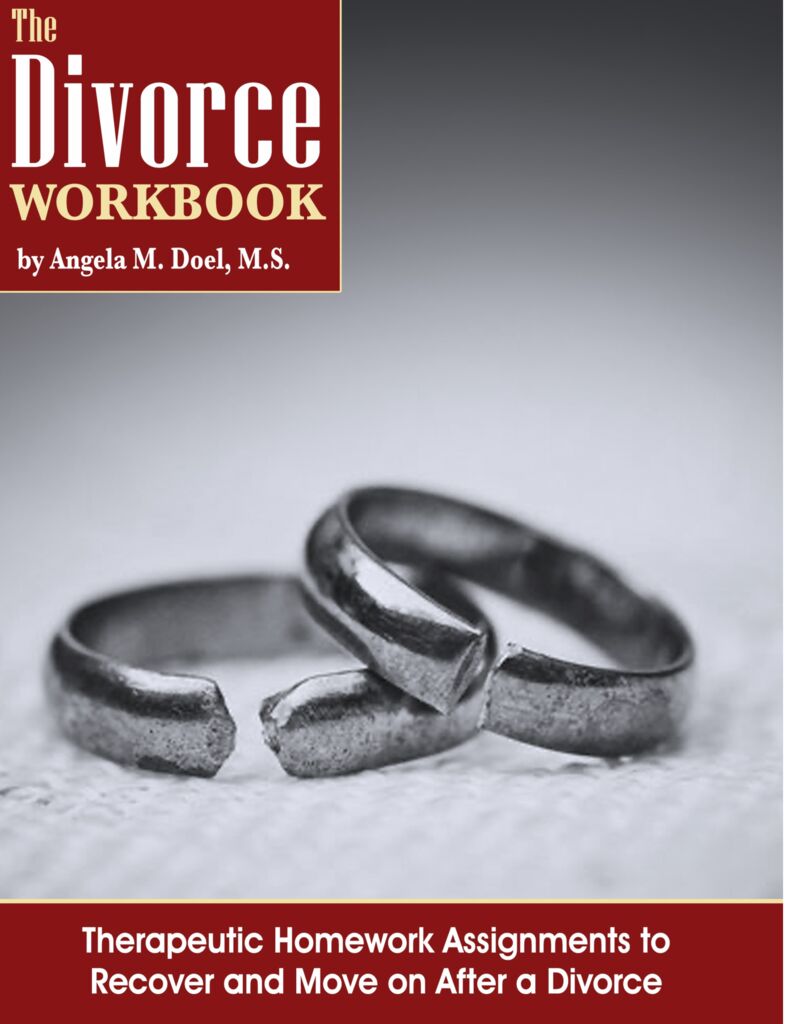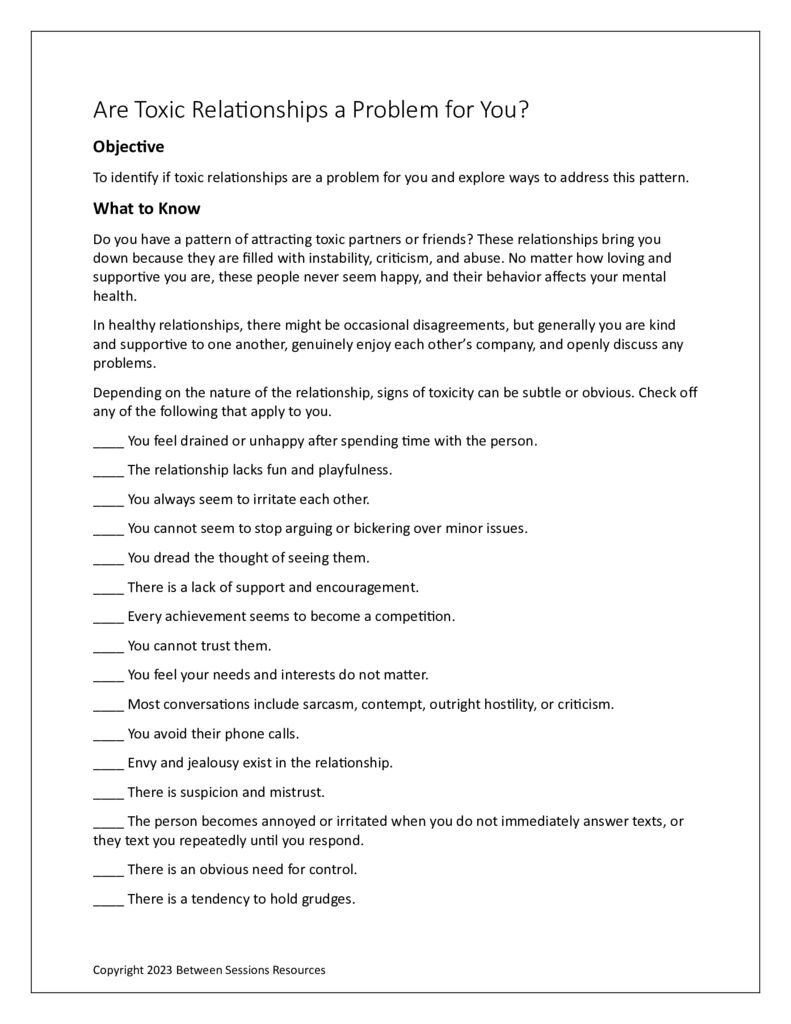This worksheet provides several techniques to help people increase their self-reflection skills. These exercises are designed to be practical and engaging, making it easier for them to incorporate self-reflection into their daily routines. (0524, coaching, self-reflection, self-awareness, resilience, coping skills)
This worksheet is designed to help people identify when their behavior may be seen as disrespectful and improve their interpersonal skills and self-awareness. The worksheet includes eight ways for people to repair relationships when others say they have been disrespectful. Questions guide individuals to understand the reasons why they may have been disrespectful. (0424. social skills, interpersonal effectiveness, DBT, relationships)
This worksheet encourages people to explore how they deal with ambivalence in their lives thinking about the pros and cons and the consequences of making changes. It also helps people identify the barriers to change and consider how they can be overcome. (0424, depression, anxiety, relationships, decisions, problem-solving, CBT)
Manipulation is a tactic used to trick others into behaving in certain ways. This worksheet details the signs of manipulation and helps people understand how they can create healthier relationships by reducing manipulative behaviors. (1023, narcissism, NPD, manipulation, relationships, BPD, borderline personality disorder, narcissistic personality disorder)
Narcissistic abuse is a pattern of emotionally, psychologically, and sometimes even physically harmful behavior exhibited by individuals with narcissistic personality disorder. This worksheet details the signs of narcissistic abuse and helps people understand the symptoms of Narcissistic Abuse Syndrome. (0923, narcissism)
Living with a narcissist can be a challenging and emotionally draining experience. This worksheet gives people 18 strategies to cope with people who are grandiose, have a need for constant admiration, and lack empathy for others. Questions on the worksheet are designed to help people understand how dealing with a narcissist has affected their well-being. Questions also help people explore their self-care practices, how they set boundaries, how their goals are affected by living with a narcissist, and more. (0923, narcissism, NPD, personality disorders, abuse, boundaries, self-care)
A.R.E. (Acknowledge, Reflect, Engage) skills are essential for effective communication and conflict resolution. A.R.E. skills can help people better navigate challenging conversations, foster understanding, and identify solutions to interpersonal problems. This worksheet helps people learn these skills and apply them in personal and business relationships. (0623, communication, relationships, conflict-resolution)
This worksheet is designed to help people become more humble to gain social acceptance. It includes seven strategies to help people who have a problem with arrogance and vanity. Questions are designed to help people explore the importance of having a self-image that takes into account reactions of others. (0323. relationships, social skills)
This 196-page workbook provides clients with 41 therapeutic homework assignments to help them navigate and recover from divorce. In completing these assignments, clients identify what to do immediately following a separation, manage their thoughts and emotions, focus on self-care, and eventually move forward with their lives. (0123, divorce, separation, marriage, couples counseling, marital therapy)
This worksheet is intended to help people determine if toxic relationships are a problem for them and explore ways to address this pattern. A scorable checklist is included to rate the toxicity of the relationship from moderate to severe. Then suggestions are given to help people break a pattern of being in toxic relationships. Readers are asked to think about how people from the past may have set the stage for toxic relationships. (marriage counseling, family therapy, relationships)


